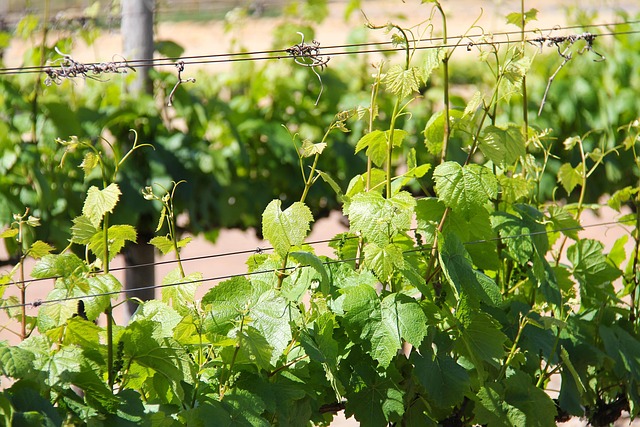Embracing Eco-Friendly Practices in the Organization of Horticultural Events
When we think about the organization of horticultural events, the first images often involve vibrant blooms, lush greenery, and bustling crowds eager to connect with nature. But beyond the visual feast, there lies an essential responsibility: to host these gatherings in a way that respects and nurtures the very environment that makes them possible.
Gardening and nature are intrinsically linked. They embody a harmonious relationship between humans and the earth, teaching patience, care, and respect for the rhythms of the natural world. Hosting horticultural events with a green, eco-conscious approach can serve as a powerful testament to our commitment to protecting the environment while celebrating its beauty.
Prioritizing Sustainability in Event Planning
At the core of eco-friendly horticultural events is sustainability. This means making choices that reduce waste, conserve resources, and minimize the event’s carbon footprint. Consider the use of biodegradable or reusable materials for signage, event guides, and decorations. Avoid single-use plastics and opt for alternatives like bamboo cups or compostable plates if food and drinks are served.
Encouraging attendees to use public transport, bicycles, or carpooling options can greatly reduce emissions associated with the event. Setting up secure bike parking or coordinating shuttle services can make greener travel more accessible and appealing.
Nurturing the Green Through Native Plants
When selecting plants for displays, competitions, or giveaways, emphasizing native species reinforces the connection between the event and the local ecosystem. Native plants not only require less water and fertilizer but also support local wildlife such as pollinators and birds. This act of nature-friendly gardening educates attendees about supporting biodiversity and fostering resilience in their own gardens.
Creating Interactive Educational Experiences
One of the most inspiring elements of a horticultural event is the ability to share knowledge. Organizers can incorporate workshops and talks focusing on eco-friendly gardening techniques — from composting and rainwater harvesting to integrated pest management and organic fertilization.
By nurturing an environmentally conscious mindset, these events inspire visitors to return to their gardens with fresh ideas that harmonize with the planet.
Respecting Nature Through Waste Management
Effective waste management during horticultural events is vital. Providing clearly marked recycling and compost bins encourages visitors to dispose of their waste responsibly. Leftover plant material, food scraps, and paper products can be composted, turning event waste into valuable nutrients for future gardens.
Additionally, partnering with local environmental organizations can extend the event’s positive impact and foster ongoing community support.
The Heart of Green Gardening
The organization of horticultural events carries a profound opportunity: to model the very principles that gardening imparts — care, patience, and a deep respect for nature. Hosting eco-friendly events not only minimizes harm but actively works to restore and celebrate the environment. Every leaf, flower, and seed shared within these events becomes a symbol of our collective commitment to a greener, healthier earth.




